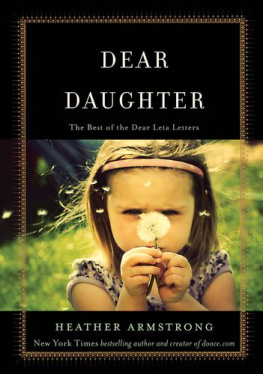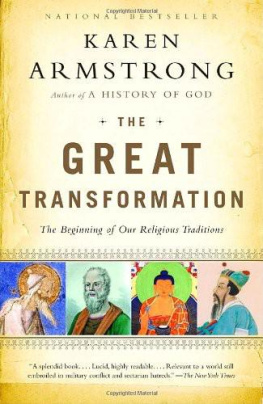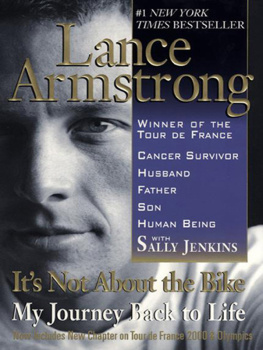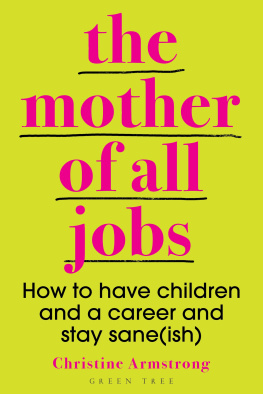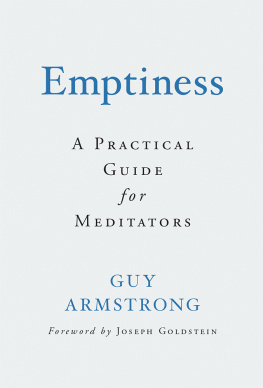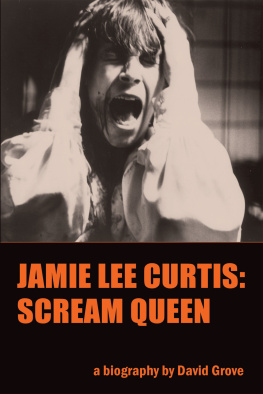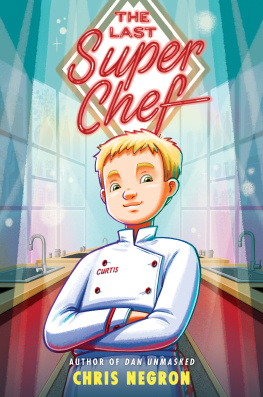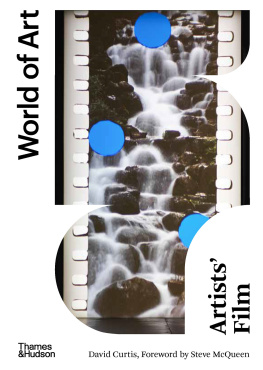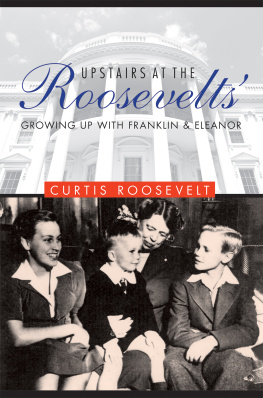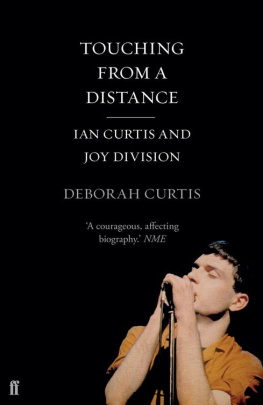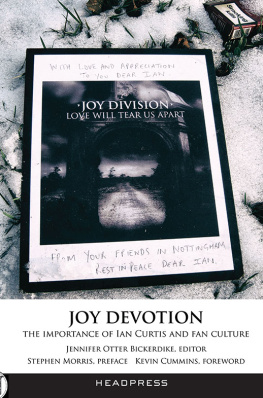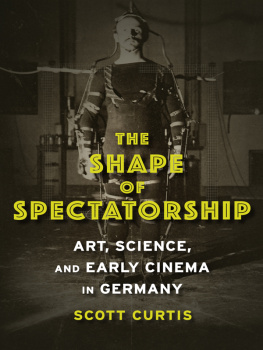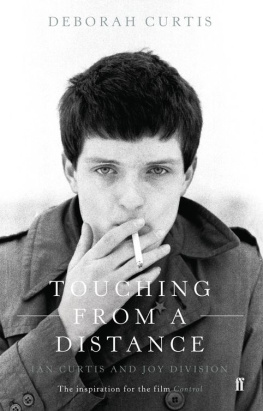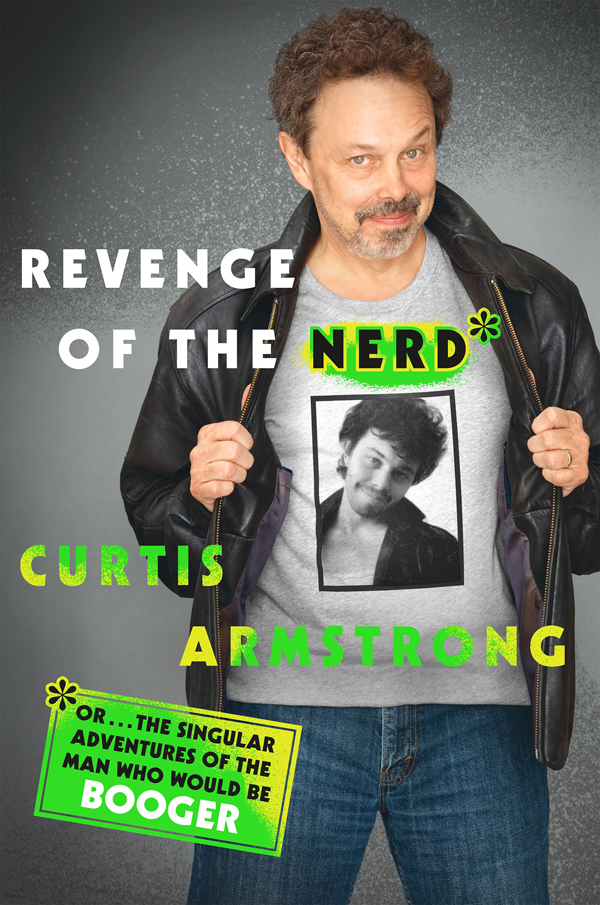Contents
Guide

The author and publisher have provided this e-book to you for your personal use only. You may not make this e-book publicly available in any way. Copyright infringement is against the law. If you believe the copy of this e-book you are reading infringes on the authors copyright, please notify the publisher at: us.macmillanusa.com/piracy.
To Elaine and Lily, the loves of my life

What is a nerd?
For forty years Ive been a professional actor, practicing my craft onstage, screen and television, building a career that many young actors have told me they envy, and that is the questionalong with Was that really you belching? and Did Bruce and Cybill really hate each other?I am most frequently asked these days. (The answers to those two other questions are no and yes, respectively.)
Not How did you get your start? or Did you find the transition from stage to film and TV daunting? or How have you managed, against all odds, to achieve regular employment as a character actor in a brutal business in which barely making a livinglet alone enjoying long-term successseems like the elusive dream of a disordered mind?
Nope, none of those. The question I get is: What is a nerd? As if its one of those large, metaphysical questions that most people would be unable to answer. Like when Lyndon Johnson met Louis Armstrong and said, with enormous weight and significance, Louis, what is jazz? Like he was expecting a big, heavy answer and what he got was Louis saying, Pops, if you gotta ask, youll never know. Funnily enough, I suppose thatd be a good answer to the nerd question as well.
Oddly, when Revenge of the Nerds was released in 1984, it wasnt a question I heard that much. In the 1980s, everyone pretty much knewor thought they knewwhat a nerd was. Certainly no one cared enough to ask.
Nerds were socially awkward outsiders: they may have been brilliant in math or science, but they could barely dress themselves. They never dated (and pretended that was a choice). Their skin was badthis was nonnegotiable. They wore thick glasses/bow ties/and prescription shoes. Sportsor really any kind of physical activity other than running when being chasedwas unknown to them. They collected comic books and subscribed to Famous Monsters of Filmland . They built and traded model trains, spacecraft, classic monster model kits and cars, and, if they were lucky enough to find another of their tribe in the neighborhood, they spent all their time in basements or garages together, deep in arcane role-playing games like Dungeons and Dragons, assuming the roles of characters who were not you know, nerdy.
Some of them were brilliant academics and some were middling students. Some were retarded, had learning disabilities or were abused or dyslexic. If they were lucky, they were ignored. If they werent, they were bullied. A few became dangerous sociopaths.
But many went on to change the world in unimaginable ways, dreaming up ideas that would forever alter how we communicate, read, listen to music and send sexually explicit photos of ourselves.
They were the nerds, spazzes, dorks, retards and geeks. They were picked on, put down, beat up and ostracized. They were often lonely.
They were my people.
In a million years, they would never have been able to imagine a future in which the word nerd would have any kind of positive connotation. That geek could be something that highly paid government officials trained in foreign policy or counterintelligence would use to describe themselves; or that the adjective adorkable could even be a word in the English language, let alone that a highly successful, long-running television show could be marketed using it.
Its long been known that the etymology of the word nerd goes back to a man who could be considered a kind of Nerd Founding Father: Theodore Dr. Seuss Geisel. The first use of the word was in his 1950 book If I Ran a Zoo . Among the peculiar, bizarre and almost certainly socially inept creatures on display in Seusss phantasmagorical zoo was a Nerd. A year after the books release, according to a report in Newsweek magazine, the term nerd had gained currency in Detroit, Michigan, as a derogatory slang expression for someone who was square, or a spazz.
And it was in Detroit, Michigan, at Harper Hospital, just two years later on November 27, 1953, where I was born, conveniently into the one town in America that had already coined the perfect word for some of its favorite sons to scream at me as they were pushing my head into locker room toilets.
The men in my family were bankers and auto company executives. The women were housewives except for my mother and aunt, who were teachers. I was to follow in none of their footsteps. I was on my way to becoming a sort of Nerd Founding Father myself.
I would accomplish that by going into a line of work as alien to my familys experience as migrant farm working. I did it by consorting for the rest of my life with a motley cast of actors, playwrights, misfits, radicals, alcoholics and English acting teachers. I would gain a solid professional reputation and secure a small place in cinematic history by indulging, for the amusement of millions, in antisocial, unhygienic behavior that my parents spent years teaching me never to do even in private.
I did it by dutifully playing second banana to universally acknowledged cool kids like Tom Cruise, John Cusack, Bruce Willis, Arnold Schwarzenegger and Jaime Foxx. I did it by marrying a woman with impeccable nerd credentials herself, writer Elaine Aronson, and eventually raising a nerd of our own, our daughter, Lily, thereby doing our bit to propagate the species. I did it by embracing my inner-nerd early, fully, publicly and with pride, to the point of creating and selling, with Robert Carradine, a hit comedy-reality television series called King of the Nerds, the entire point of which was to celebrate Nerd Culture in all its manifestations.
I did it by accepting the fact that to countless fans, the name I had carried with pride for many years was not just unknown, it was completely beside the point.
So, the answer to the above question? What is a nerd?
I am a nerd.
My name is Curtis Armstrong. But you can call me Booger.
Theres a story my ex-wife, Cynthia, tells about when she and I first came to Los Angeles for film work after years in the theater.
It was 1984. Id had a nice supporting role in a Warner Bros. movie, Risky Business, which had been released, and another nice supporting role in Foxs Revenge of the Nerds , which hadnt, but I had no illusions: Id only just started to establish myself in New York as a stage actor and I wasnt expecting my arrival in Hollywood to shake the place up much, which turns out to have been a good bet.
But Cynthia had gone to meet her new West Coast agent and when she returned, I asked her how it went.
Oh, fine, she said. They seem nice. One of them mentioned you.
Really?!
Yeah, Cynthia said. I said I was married to an actor and she asked which actor and I said Curtis Armstrong. And she said, Ah! Curtis Armstrong! The new Michael J. Pollard.
Now, maybe you need to know who Michael J. Pollard is to really appreciate the story. I guess it was the sheer unexpectedness of the comparison that surprised me. I would never in a hundred years have made that connection. I wasnt insulted, you understand. I like Michael J. Pollard. Youd just never think there could be two of him. I mean, Michael J. Pollard was short, a little dumpy, with a funny face, an unmistakable voice and an unruly mop of hair, and was known mainly for eccentric comedy roles, whereas I was umm


